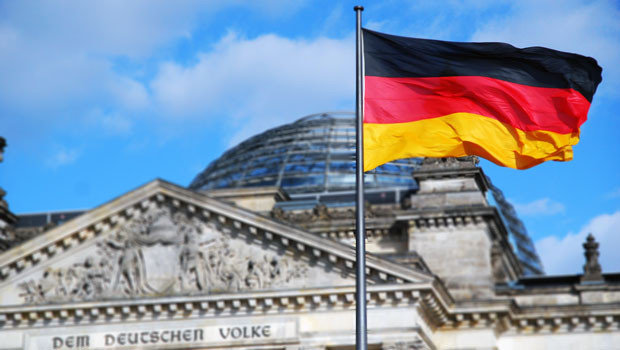German inflation hits record high

German inflation has surged to 10%, official data showed on Thursday, the highest rate since the country’s reunification.
According to Destatis, the Federal Statistical Office, the annual consumer price index was 10% in September, compared to August’s rate of 7.9%. The figure was in line with both initial estimates and consensus. The month-on-month rate was 1.9%.
The harmonised index of consumer prices was 10.9% annually, also in line with consensus, and 2.2% month-on-month. All European Union countries use the same methodology to calculate HICP.
Georg Thiel, Destatis president, said: "At 10%, the inflation rate has reached an all-time high since German reunification. Enormous price rises for energy products are still the main reason for high inflation, but we also see price increases for many other goods, especially food.
"The end of both the fuel discount period and the €9 ticket availability also accelerated the price rises in September."
The price of energy products is now up 43.9% year-on-year, compared to 35.6% in August, while food prices jumped 18.7% last month.
Once these more volatile element were stripped out, the CPI rate was 4.6%, and HICP was 4.7%.
Claus Vistesen, chief Eurozone economist at Pantheon Macroeconomics, said: "We think HICP core inflation will remain unchanged in October, before 4.2% and 4.6% in November and December respectively.
"In the national core, however, we look to a further rise, to about 5% in November, where it will stay until the of the first quarter next year.
"In the headline, the energy component is a huge wildcard due to the uncertainty of how government intervention will impact consumer prices, the price of gas as inventories start to fall over winter, and the weather.
"Base effects in oil and gas prices suggest that the worst is over for year-over-year inflation in energy prices, but the lag with which higher gas prices feed through to utilities mean that more nasty spikes could still lie ahead."